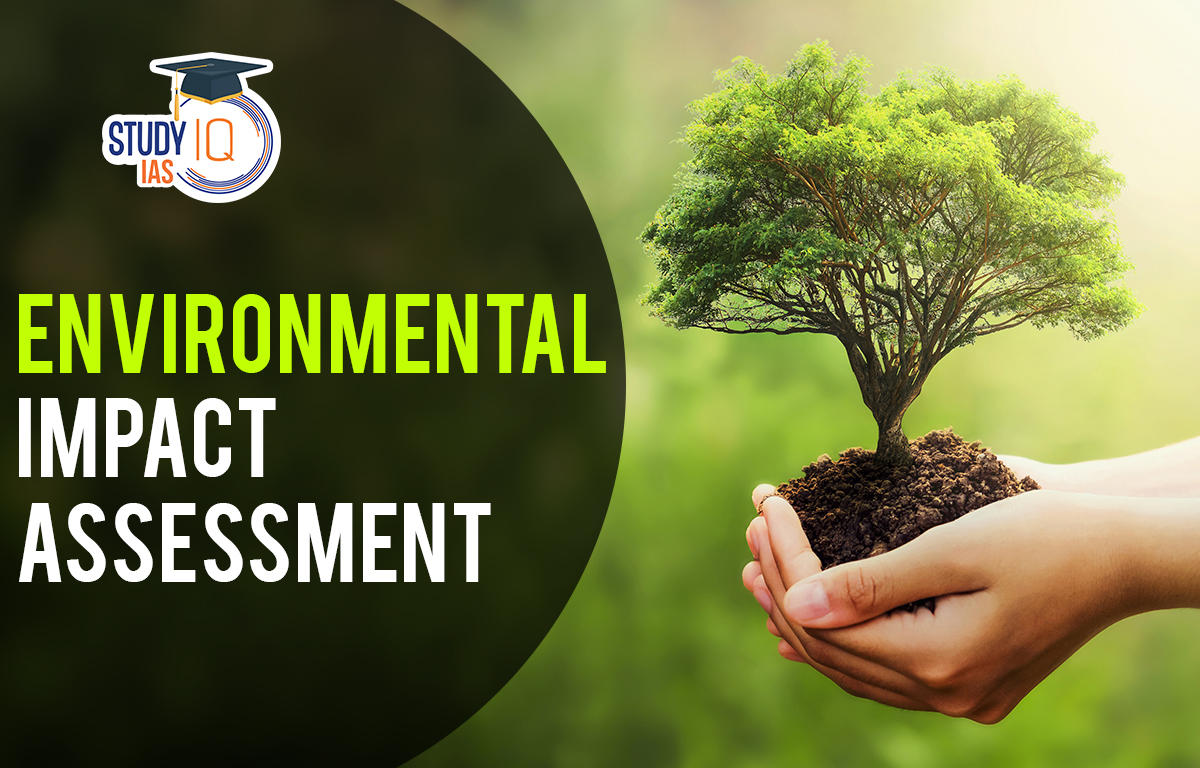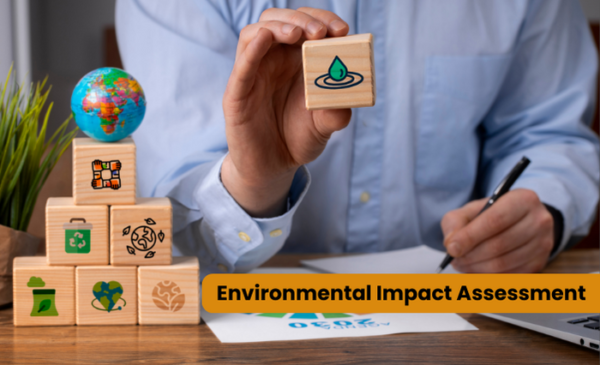Find Your Calling: Environmental Scientist Jobs Chicago Await
Detail Author:
- Name : Michaela Ritchie
- Username : mazie.rutherford
- Email : kaia.effertz@parker.net
- Birthdate : 2000-07-07
- Address : 9085 Lavada Tunnel South Gregg, AK 53117
- Phone : +1-520-752-6179
- Company : Legros LLC
- Job : Financial Services Sales Agent
- Bio : Qui id perferendis est voluptates est rerum voluptatem odio. Est suscipit asperiores libero molestiae suscipit perspiciatis in. Enim praesentium magni incidunt.
Socials
tiktok:
- url : https://tiktok.com/@emileroob
- username : emileroob
- bio : Repellat omnis velit et error quia quas sit.
- followers : 172
- following : 73
twitter:
- url : https://twitter.com/roobe
- username : roobe
- bio : Deserunt est quam nihil et. Tenetur quidem qui assumenda impedit laboriosam eos.
- followers : 3316
- following : 764
facebook:
- url : https://facebook.com/emileroob
- username : emileroob
- bio : Enim maiores alias rem.
- followers : 749
- following : 2424
Are you someone who dreams of making a real, positive difference for our planet and its people? Perhaps you have a deep interest in how our surroundings affect our well-being, or maybe you just love figuring out how things work in the natural world. If so, you might be thinking about a career that blends science with a desire to protect what matters most. For many, a path in environmental science offers just that kind of opportunity.
The Windy City, Chicago, is a place where big ideas take shape, and that includes forward-thinking approaches to caring for our shared environment. This area, with its diverse ecosystems and a vibrant urban core, presents a unique backdrop for those who want to apply scientific knowledge to solve pressing ecological issues. It's a place where your work could really help shape the future of a major metropolitan area, so it's almost a perfect fit for those with a green heart.
There's a growing need for skilled individuals to watch over our air, water, and land, ensuring they stay clean and safe for everyone. This demand means that environmental scientist jobs Chicago are becoming more and more available, offering exciting prospects for people at various stages of their professional journey. You know, it's a field that just keeps getting more important, too, as we learn more about our world.
Table of Contents
- What Does an Environmental Scientist Do in Chicago?
- Why Chicago for Environmental Science Careers?
- Getting Started in the Field: Skills and Background
- Finding Your Environmental Job in Chicago
- Frequently Asked Questions About Environmental Scientist Jobs Chicago
- Your Impact in the Windy City
What Does an Environmental Scientist Do in Chicago?
An environmental scientist in Chicago, or anywhere else, really, works to protect the health of people and the natural world. This can involve a lot of different tasks, from studying pollution to advising on new building projects. They use scientific principles to figure out what's going on with our surroundings and then come up with good ways to fix problems or keep things from getting worse. It's a job that requires a lot of curiosity, you know, and a desire to solve puzzles.
Keeping Our City Clean and Healthy
A big part of this work involves keeping an eye on how clean our air and water are. For instance, environmental scientists might collect samples from Lake Michigan or local rivers to check for harmful substances. They might also monitor air quality in different neighborhoods, especially near busy roads or factories. The goal is always to make sure that the places we live, work, and play are safe and healthy for everyone. It's pretty important, too, when you think about it.
The Environmental Protection Agency (EPA) has a very clear aim: to protect human health and the environment. This means that environmental scientists often work to make sure that local rules and laws about pollution are followed. They might help businesses understand how to handle chemicals safely, looking at what toxins are present and finding safer alternatives. This work directly helps prevent health issues that could come from a dirty environment, which is a significant part of the global burden of disease, apparently.
Understanding Our World Through Research
Beyond just monitoring, environmental scientists also spend time figuring out how different things affect our world. This could mean doing research on how tiny particles in the air might change rainfall patterns, as a study of weather on a mountain in Greece once revealed. Or, it could involve looking at the serious harm plastic pollution causes to marine life, like putting ocean creatures at higher risk of eating plastic, getting stuck, or even suffocating. These kinds of studies help us really get what's happening, and that, is that, we can then find solutions.
The EPA, for example, offers many resources on environmental issues, including detailed research. Scientists use this kind of information, along with their own findings, to build a better picture of our environmental challenges. They often explore environmental issues, working to solve problems and then taking real steps to make things better. It's a process of continuous learning and action, you know, which is rather exciting.
Shaping Policy and Inspiring Action
Another key role is helping to create and enforce rules that protect our surroundings. This means having a good grasp of environmental law and how regulations work. Scientists provide the facts and figures that lawmakers need to make smart decisions. They might also help communities find environmental information specific to their location, whether by state, zip code, or a larger geographic area. This helps people understand local issues and what they can do about them, which is a very hands-on way to make a difference.
For instance, when the EPA Administrator announced 31 historic actions to protect the environment, it showed how scientific understanding leads to big, impactful changes. Environmental scientists are often at the heart of these initiatives, providing the expertise needed to plan and carry out such wide-reaching efforts. They are, in a way, the bridge between scientific discovery and practical application, so it's a very dynamic role.
Why Chicago for Environmental Science Careers?
Chicago offers a unique and rather compelling setting for environmental scientists. It's a large city with a mix of urban challenges and natural beauty, including its famous lakefront and many parks. This combination means there's a wide array of environmental issues to address, from managing urban runoff to restoring natural habitats along the waterways. It's a truly diverse place to work, you know, with something new always coming up.
Diverse Opportunities for Impact
The city and its surrounding region are home to many different kinds of organizations that need environmental expertise. This includes government agencies like the EPA, local city departments, private environmental consulting firms, non-profit groups focused on conservation, and even private companies looking to improve their environmental footprint. This variety means that if you're looking for environmental scientist jobs Chicago, you'll find options that fit many different interests and skill sets. There are, arguably, more paths here than in some other places.
Whether your passion is in water quality, air pollution control, land remediation, or ecological restoration, there's likely a spot for you here. The work can range from field investigations and lab analysis to policy development and community outreach. This breadth of work allows professionals to find a niche that truly resonates with their personal goals and scientific leanings. It's pretty cool, too, how much variety there is.
Local Focus, Global Reach
Working on environmental issues in Chicago often has ripple effects that extend far beyond the city limits. Protecting Lake Michigan, for example, impacts a vast freshwater system that serves millions of people. Efforts to reduce urban pollution in Chicago can serve as models for other large cities facing similar challenges. Your contributions here can help shape broader environmental strategies, which is a very powerful thought, really.
The lessons learned and solutions developed in Chicago can be shared and applied elsewhere, contributing to a healthier planet overall. It's a way to have a local impact with a truly global outlook, you know. This kind of work, very often, makes a difference that extends far beyond the immediate area, which is a rather satisfying feeling.
Getting Started in the Field: Skills and Background
To succeed in environmental scientist jobs Chicago, you'll need a mix of scientific knowledge, practical skills, and a genuine desire to protect our world. It's a field that asks for both brains and heart, you know. You'll also need to be a bit of a problem-solver, as things aren't always straightforward.
Key Skills for Success
First off, a strong foundation in science is a must. This includes biology, chemistry, geology, and even physics. You'll need to be good at collecting and analyzing data, so skills in statistics and using scientific instruments are super helpful. Being able to write clear reports and present your findings well is also very important, as you'll often need to explain complex ideas to people who aren't scientists. Communication, you know, is quite a big deal here.
Practical skills like understanding how to safely handle chemicals and knowing about the effects of certain toxins are also very much needed. You'll learn about which substances are controlled or managed by regulations and how to find safer ways to do things. Problem-solving, engaging with environmental issues, and taking action are all parts of what environmental education aims to achieve. It's about being able to see a problem and then figure out a way to tackle it, which is pretty rewarding.
Educational Paths to Consider
Most environmental scientist jobs in Chicago will ask for at least a bachelor's degree in an environmental science field, or a related scientific area like biology, chemistry, or engineering. For more specialized or advanced roles, a master's degree or even a doctorate might be preferred. Internships and hands-on experience are also incredibly valuable, as they give you a real taste of the work and help you build connections. It's really helpful, you know, to get some practical experience early on.
Many universities in and around Chicago offer excellent programs that can prepare you for this kind of work. These programs often include fieldwork, lab work, and courses on environmental policy and

Environmental Impact Assessment in India, Process, Objectives, Importance

EIA: Environmental Impact Assessment UPSC CSE

EIA - akshayanidhi-projects